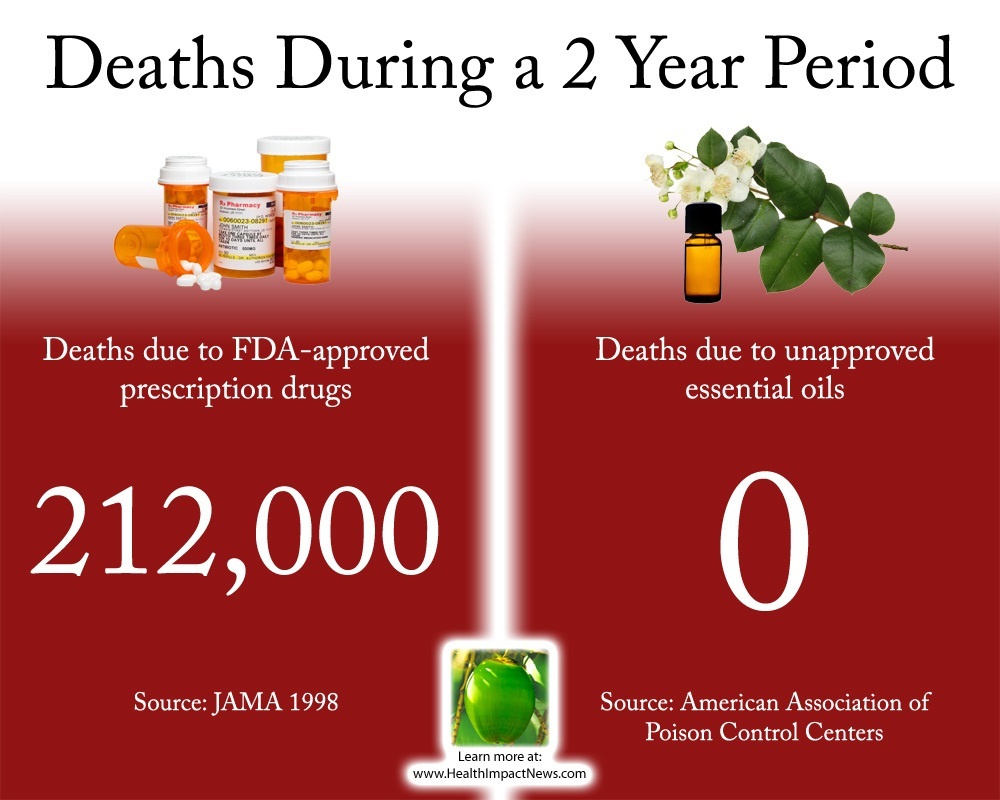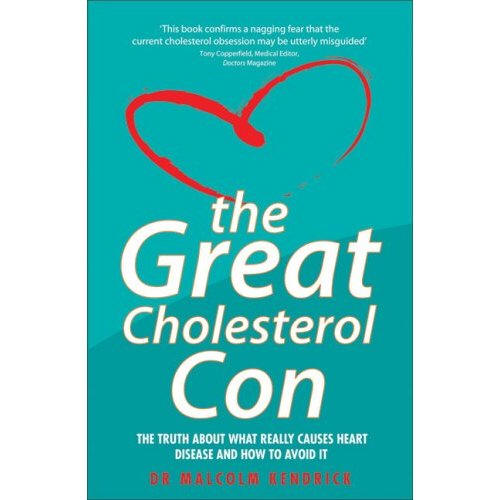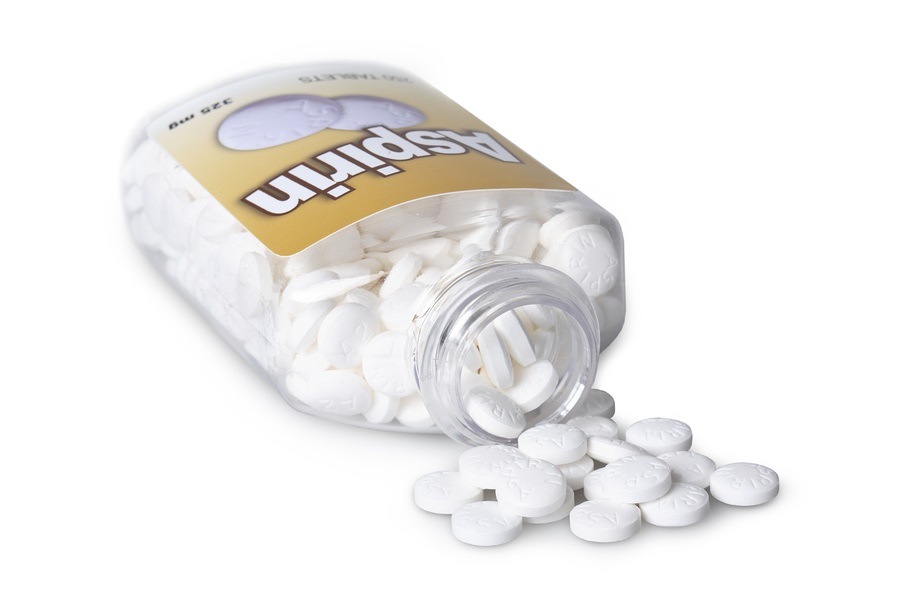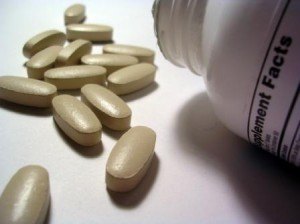Medical Bureaucracy (and FDA Regulations) Stymie Efforts to Halt Ebola
The current dearth of treatment options for Ebola is not from a lack of options, but from a zealous protection of current medical monopolies together with an overabundance of red tape. In a related article, we discussed government hostility to natural remedies that are both cheap, effective, and more readily available. In this article, we’ll look at the FDA roadblocks to more conventional treatments. The FDA is paid by drug companies and is generally friendly to them. Even so, getting a new drug or device approved is a torturous and insanely expensive process. The minimum cost these days is several hundred million dollars spent over many years. The average cost is in the billions. Technology like Nanobiosym’s “iPhone-sized device,” which can be used to detect Ebola and other diseases in less than an hour, is being delayed by needless FDA red tape. The Dallas hospital that treated three patients with Ebola had a similar device, one that could detect Ebola with high degree of confidence within a few minutes, but were prevented from using it because of FDA regulations.













